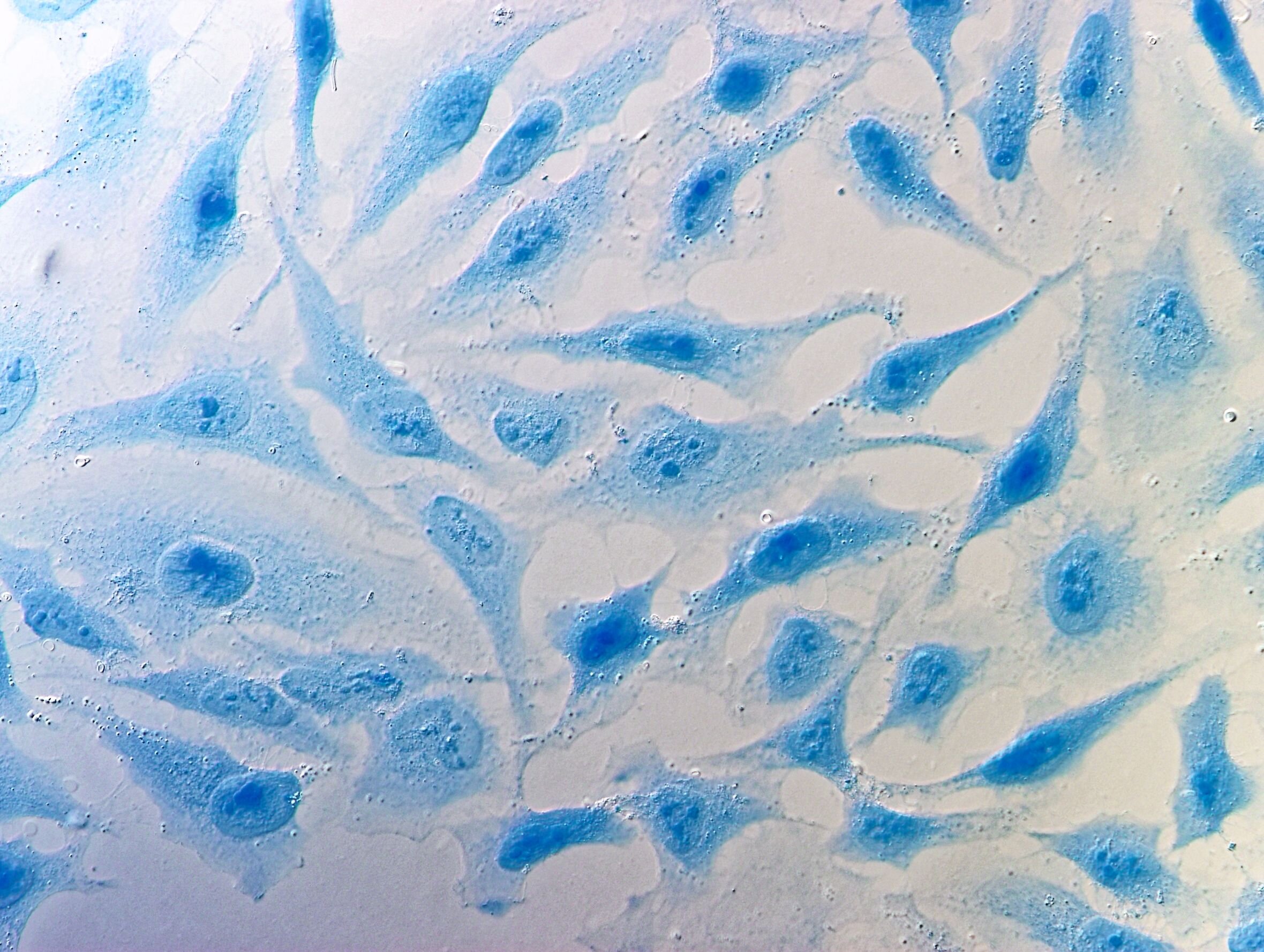Every day, researchers around the world work tirelessly to unlock discoveries with mammalian cell culture experiments yet the full potential of this work remains untapped. Optimizing cellular health with adjustments to individual media components has established value to scientific results. One problem is that adjusting media to control for each variable is so much work. Along the same lines, it’s rare for labs to evaluate the material waste streams they generate by using commercial, off-the-shelf tissue culture media. The good news is that exciting progress in the field of cell and gene therapies is driving accessible economies of scale in cell culture experimentation.
Read MoreMax Planck Sustainability Network helps scientists share ideas
Focusing on what you can control yourself can advance sustainability. Get inspired by the activities shared in this interview with Jan Heidelberger Ph.D., Scientific Coordinator at the Max Planck School Matter to Life.
Read MoreThat familiar view of HeLa cells stained with Coomassie blue.
Could Ozone be used to overcome single use plastic waste in cell culture?
Cell culture vessels are one of the most challenging areas of single-use plastics to consider eliminating from biology labs. Never known for complacency, scientists are seeking are already seeking higher performance to optimize cell culture conditions. From a “labconsicous” perspective, ideally, both cell culture growth conditions and sustainability could be improved. This post considers a controversial idea. Could a system for reusable mammalian cell culture plastic flasks ever be developed?
Read More


